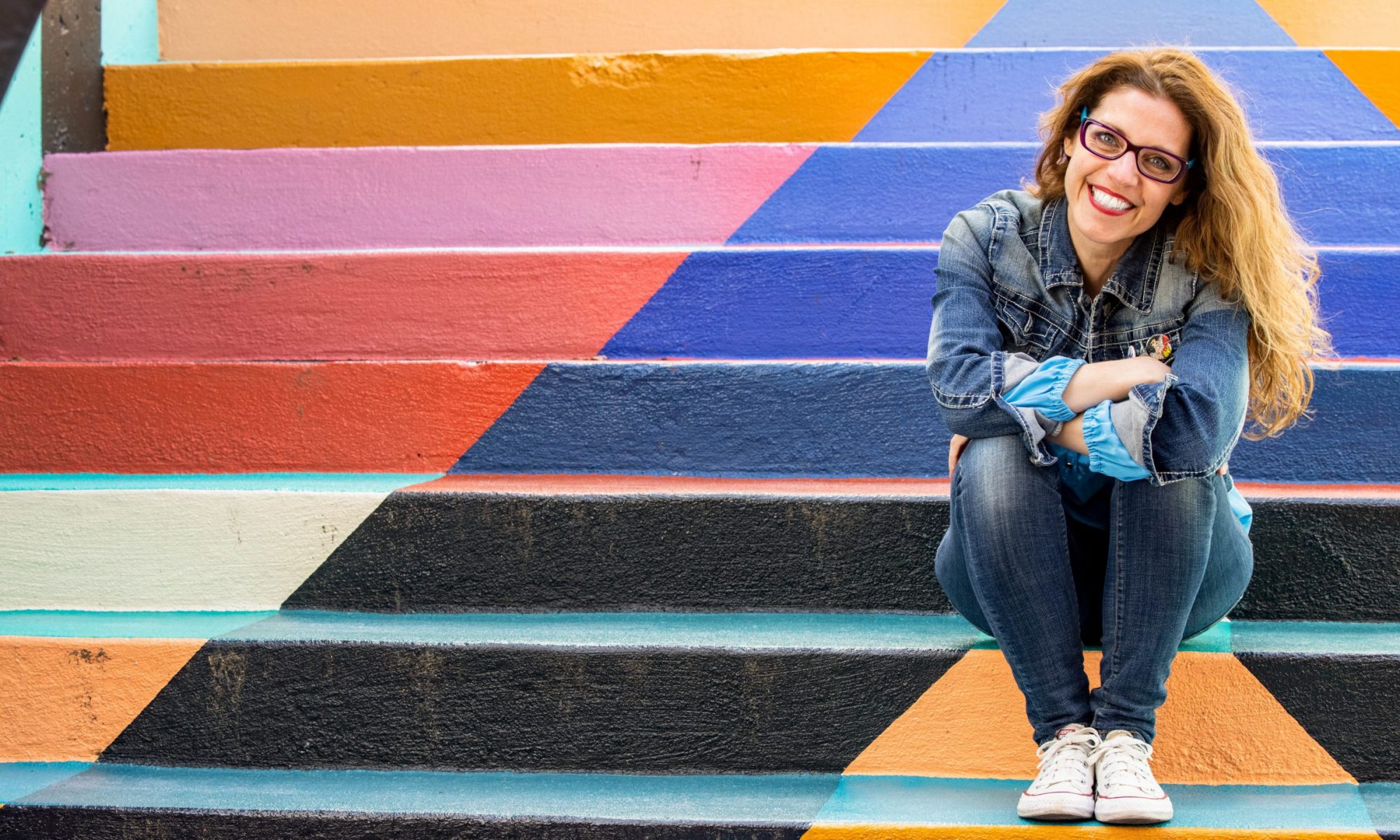Approaching the valet parking attendant’s station Mom stopped the car just shy of the podium, clearly communicating she didn’t require their services while allowing me as close a drop-off to the door as she could navigate. “Find out where I’m supposed to park? I’ll wait here until you do,” she reminded me as I gingerly stepped out of the warm car into the too-early January morning.
Limping my way through the doorway that read HEART AND VASCULAR CENTER I heard the eerily-loud swoosh of the large double doors’ opening and closing behind and before me in response to the arrhythmic motion of my own body lingering for that moment in their in-between. Left to occupy and to traverse the whole of the corridor between the double double doors behind me and the too-tall circular Welcome Desk — that felt well, less than welcome — here in this January morning, my mind willed my body forward quicker than my still-healing Achilles’ tendon wanted on its own.
Diane, whose name tag was more visible than the visibility she clearly lacked buried there in the middle of her donut-shaped Desk, openly studied her open bible while expertly handing me my temporary admission tag. She was waiting and ready for me. Would her Jesus help me help my mom, I mused, and out loud asked, “Is it okay for my mom to come inside, to be here with me?” While not saying out loud: She has been sat in her car for all of the (too many) times she drove and dropped him, her husband (my father), at different double double doors that swoosh, through which his was the only admission permissible.
“Oh sure, Honey. Just tell her to park in the garage below; the entry code is 5576. Then she just needs to ride the elevator to 2 and it’ll put her out right over yonder.”
“5576” I repeat to Diane and to myself, preparing to repeat it to my mother, as I pivot on “thank you,” and limp back down the still-empty corridor, this time emotionally prepared for the momentary hold of the in-between and blast of the swoosh back into January. Her 2005 burgundy Crown Vic idles patiently; she ever-patient inside. I hurry toward her now-open window via my Achilles’ current (temporary) interpretation of mobility and spill the Good News two steps too soon, too caught up in the miracle of Diane’s Jesus to notice that January snatches sounds it mistakes for warmth, rushing them sideways into its own holding and release patterns not meant for man. My feet catch up with my mouth-to-window ratio and I repeat, “5576! You can park and come in and be with me! Diane from the donut, or maybe her Jesus, said YES! Take the elevator to 2 and I’ll see you inside!” and I pivot again, to traverse my now well-worn path through the double double doors.
We sit together, side-by-side. On the wall opposite is mounted a television whose channel is set to a children’s baking competition, but whose soundtrack is being supplied by the television situated directly above our heads; audibly we know the program is a home renovation and reveal show; we smile at the disparity playing out in front of us in surround sound. Mom shows me the green plastic wristband strapped around her forearm and I tap the sticker on my chest, indicating my admission tag is different because today I am different; I am the one going through the next set of doors alone and without her. The last time we two entered through double double doors together we received matching green plastic wristbands; mine still lives in the bathroom drawer where I slipped it off for the final time June 29, no longer needing to pass through any doors because his admission was a one-way pass.
My visit is short, long enough for her to read one chapter, maybe two, and we walk out together leaving behind us the two televisions to face off to each other with their combined conflicting comedies. Hospital corridors and doors close behind us with a click, a swoosh and a seal, completing the transaction of our visit with a visceral finality I feel across the entirety of my back, like January’s sideways snatches not meant for man or for me.
The valet parking attendant, whose services Mom ended up using, brings the car around to just shy of the podium, as close to the double double doors as he can navigate, and trades spaces with my mother still wearing her green plastic wristband. I limp and hop into my seat beside her, lean out into January, pull closed the heavy door, and turn and reach above my right shoulder to drag down the seatbelt strap, and click it into place, securing myself for our side-by-side ride back home.
Adding to the slowly-warming hiss of the car’s heater Mom softly says, her voice gradually rising in pitch, indignation, and notes of despair, “The morning we dropped him off for his surgery they made him come at 6:00 and then made him sit in that lobby — completely alone — for TWO hours! Why couldn’t they let me sit with him?! I could have been with him and held his hand for two more hours. None of this makes any sense to me.”
“I know, Mom. I know. I am so sorry you couldn’t have those two hours together, side-by-side, on the other side of the other double double doors.” I don’t think even Diane’s Jesus could have helped us back in June the way January blew you through today. Sometimes global pandemics shut doors we would otherwise have walked right through and their gradual and inconsistent reopening makes no sense.
But since we two are here right now, side-by-side, how would you like to use your two hours?
